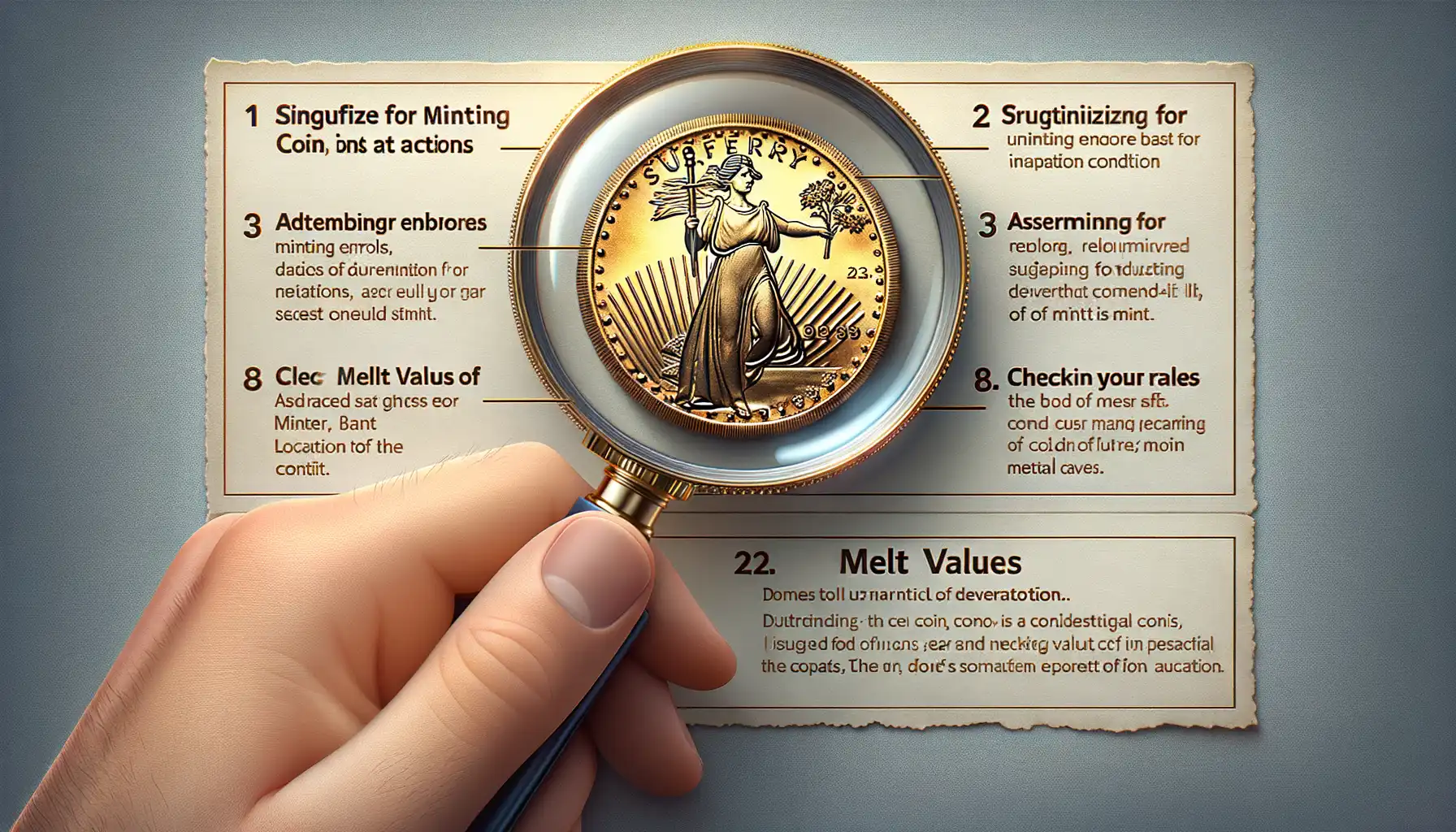Understanding Rare Coin Collecting and Its Value
Why Rare Coins Are More Than Just Metal
Rare coins are like tiny time machines, carrying stories from centuries past directly into your hands. But their value goes far beyond nostalgia. These small disks of history can be surprisingly lucrative, making them an intriguing way to save for life’s big moments—like welcoming a new baby!
Think of coins as treasure hunts in disguise. They’re not just about shiny exteriors but the hidden gems within—their rarity, condition, and unique backstories. For example, a 1909-S VDB Lincoln Penny might look ordinary at first glance, but its scarcity makes it worth thousands today. And don’t underestimate international coins either; a rare British Sovereign or Chinese Panda can add dazzling variety and potential value to your collection.
- Rarity: The fewer coins minted, the higher the demand.
- Condition: Even a tiny scratch can impact value, so keep them pristine.
- Historical Significance: Coins commemorating key events hold special allure.
Every rare coin holds promise—it’s more than just money; it’s a versatile and personal savings strategy wrapped in historical charm. Can your savings account say the same?
How Rare Coins Can Be a Financial Investment for Future Expenses
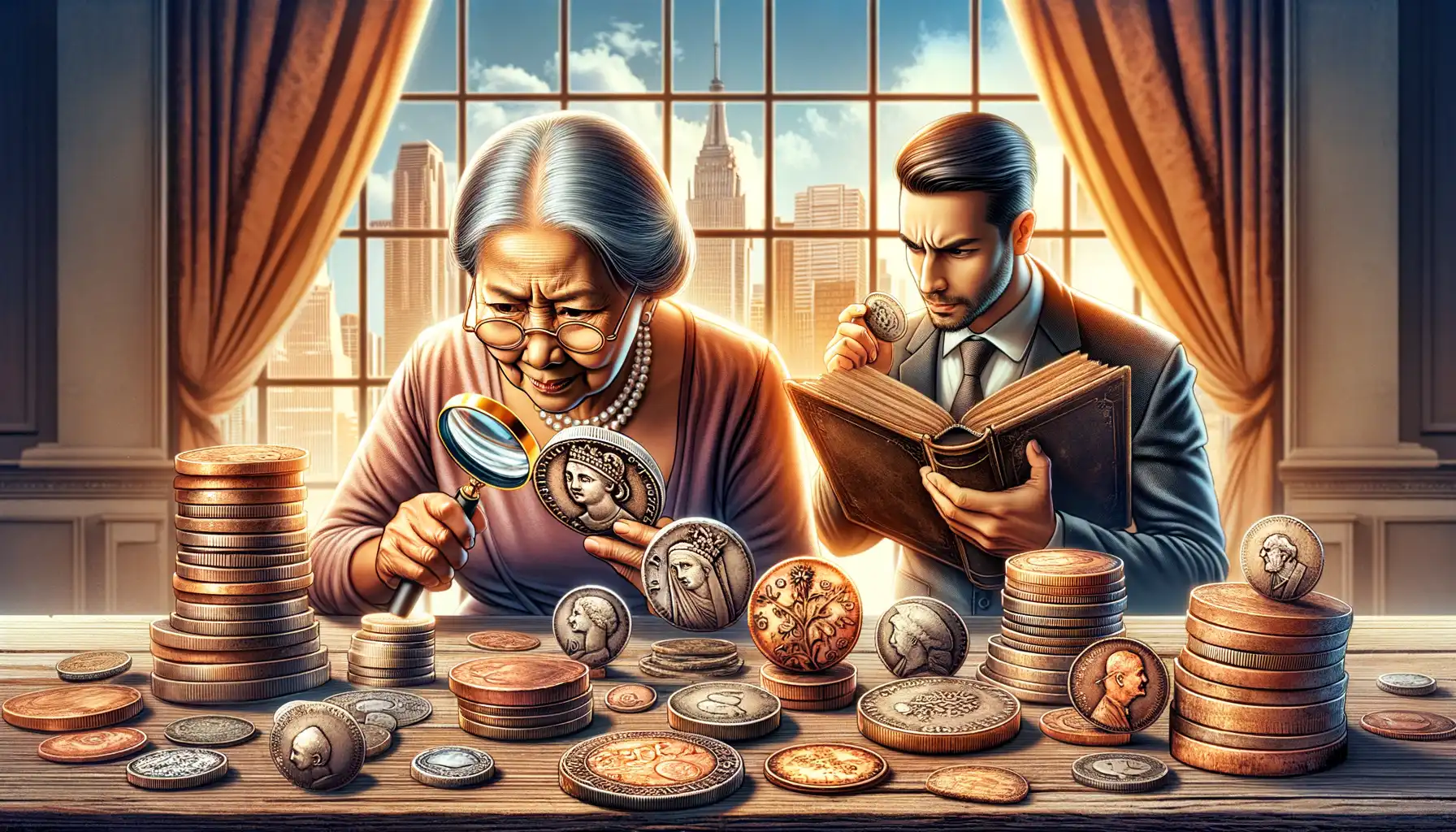
Turning Spare Change into a Future Nest Egg
Imagine holding a small, shiny piece of metal in your hand—a coin that, to the untrained eye, may seem ordinary. But in reality, this little treasure could one day help cover the cost of diapers, daycare, or even your baby’s college tuition. Rare coins are more than just relics of history; they’re tangible, compact investments that grow in value over time, quietly waiting for their moment to shine.
What makes rare coins such a smart financial tool? For one, they don’t rely on unpredictable stock markets or interest rates—they’re independent players in the investment game. A 1909-S VDB Lincoln penny, for instance, is worth far more than a single cent because of its rarity and demand. That’s the magic of collecting: finding hidden gems that others overlook.
- Historical Significance: Coins tied to historical events often skyrocket in demand.
- Limited Supply: The fewer there are in circulation, the higher their value climbs.
Think of rare coins as tiny time capsules that not only preserve history but also guard your savings, ready to come to the rescue when future expenses arise.
Steps to Start Collecting Rare Coins as a Savings Strategy
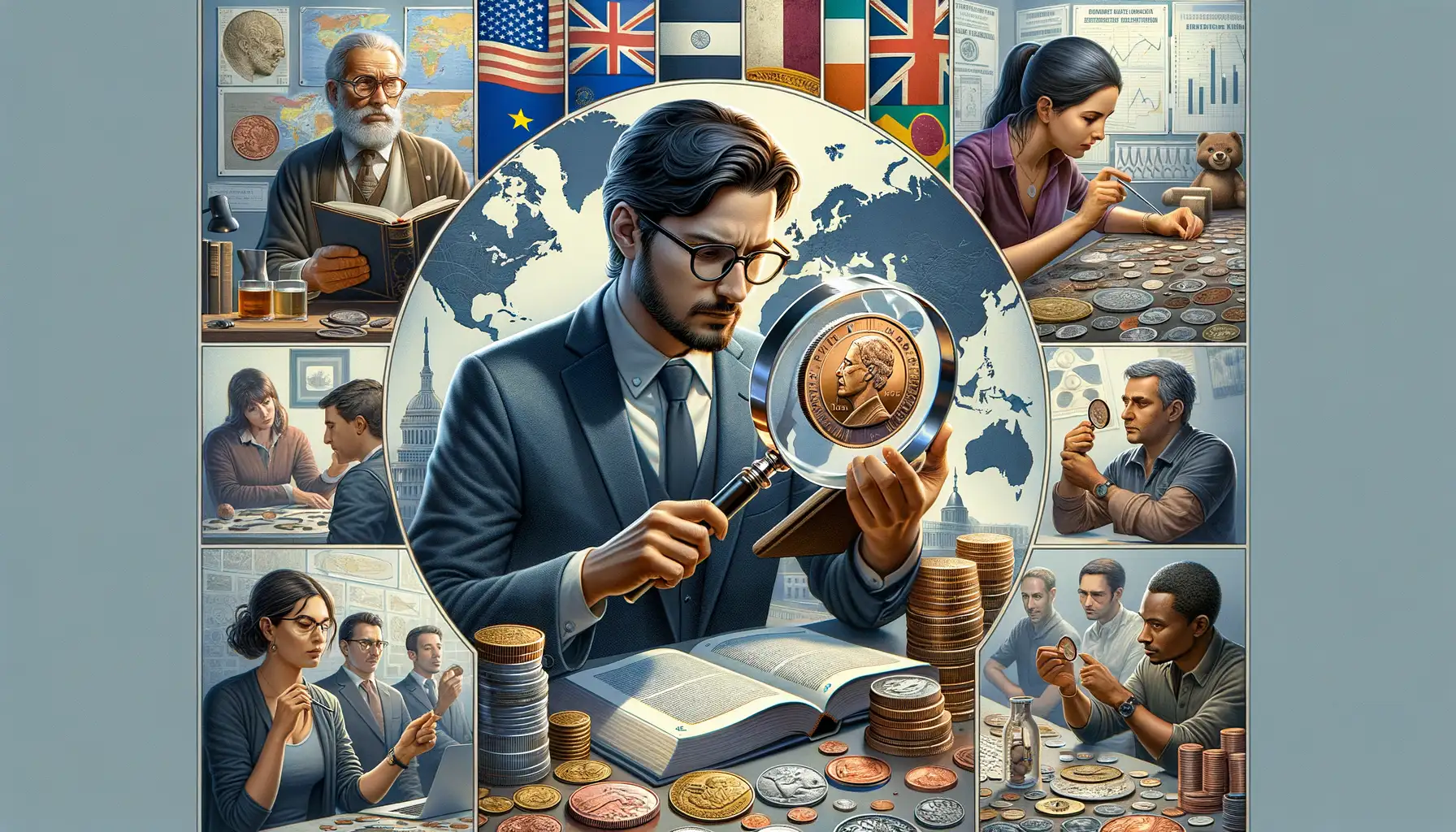
Getting Started with Confidence: Your First Steps into Rare Coin Collecting
Ready to dive into the fascinating world of rare coins? Think of it as treasure hunting, but with a purpose—building a financial cushion for your little one. Here’s how you can begin this exciting journey:
- Start with research: Before you invest a penny, spend some time understanding what makes a coin “rare.” Is it age, condition, or historical significance? Websites, books, and even YouTube channels can be goldmines of information.
- Set a modest budget: Start small. You don’t need to splurge on a 19th-century gold coin right away (trust me, they can cost a fortune!). Look for affordable yet promising coins, like Silver Eagles or pre-1965 U.S. dimes.
- Find your niche: Want to collect by year? Country? Historic era? Narrowing your focus keeps your collection purposeful and less overwhelming.
Dive into the Hunt: Where and How to Buy Rare Coins
This is where the thrill really amps up. Hunt for gems at local coin shops, estate sales, or even online marketplaces. The key? Be cautious. Stick with reputable dealers or those certified by groups like the Professional Numismatists Guild.
Also, join collector groups or forums. They’re like modern-day treasure maps, pointing you to legit finds and helping you avoid scams. It’s a community that cheers you on while you grow your collection—and isn’t that kind of support priceless?
Tips for Evaluating and Storing Your Rare Coin Collection
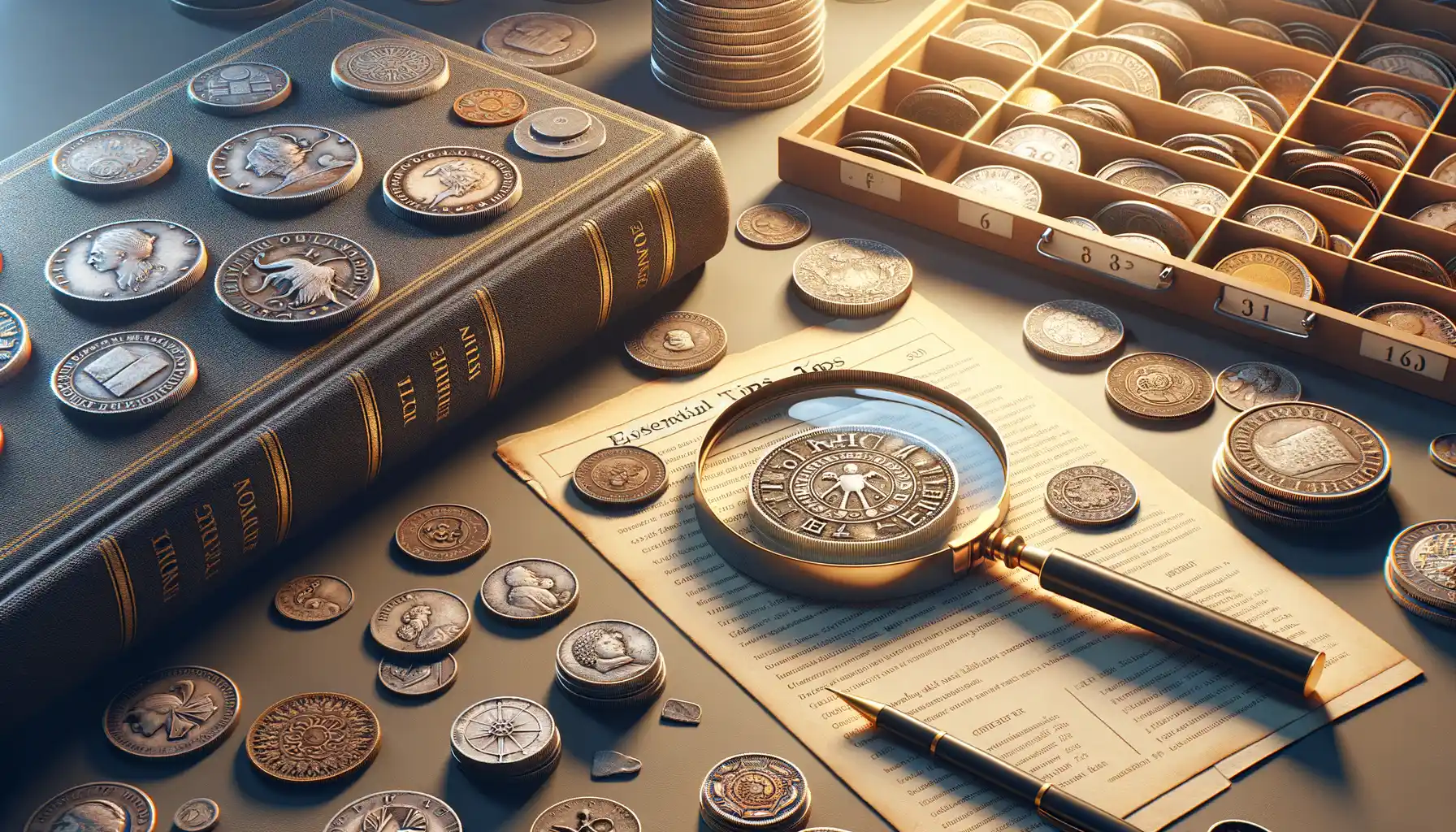
Evaluating Rare Coins Like a Pro
Owning rare coins feels like holding little pieces of history in your palm, doesn’t it? But to truly know their worth, you need more than just a magnifying glass. Start by examining condition—it’s everything in the coin world. Look for scratches, discoloration, or signs of wear. A coin that gleams like it’s whispering its story tends to be far more valuable than one dulled by time.
Next, do some detective work on its origin. Research mint marks and years—sometimes even a small detail, like a missing letter or a misprint, can skyrocket a coin’s value. If you’re unsure, don’t be shy; consult a trusted numismatist or grading service like PCGS or NGC. They’ll give you an expert-grade evaluation and help uncover hidden gems in your collection.
Storing Your Treasures With Care
Coins aren’t just trinkets; they’re delicate artworks that need pampering. To keep them pristine:
- Invest in quality holders like air-tite capsules or coin albums to shield your coins from dust and moisture.
- Store them in a cool, dry place. Basements might seem convenient, but humidity is their worst enemy.
- Avoid touching rare coins directly with your fingers—wear cotton gloves or handle them by their edges to prevent oils from tarnishing them.
Remember, how you care for these treasures today could mean a brighter financial boost for your future baby expenses tomorrow!
The Benefits and Risks of Using Rare Coins for Baby Expenses
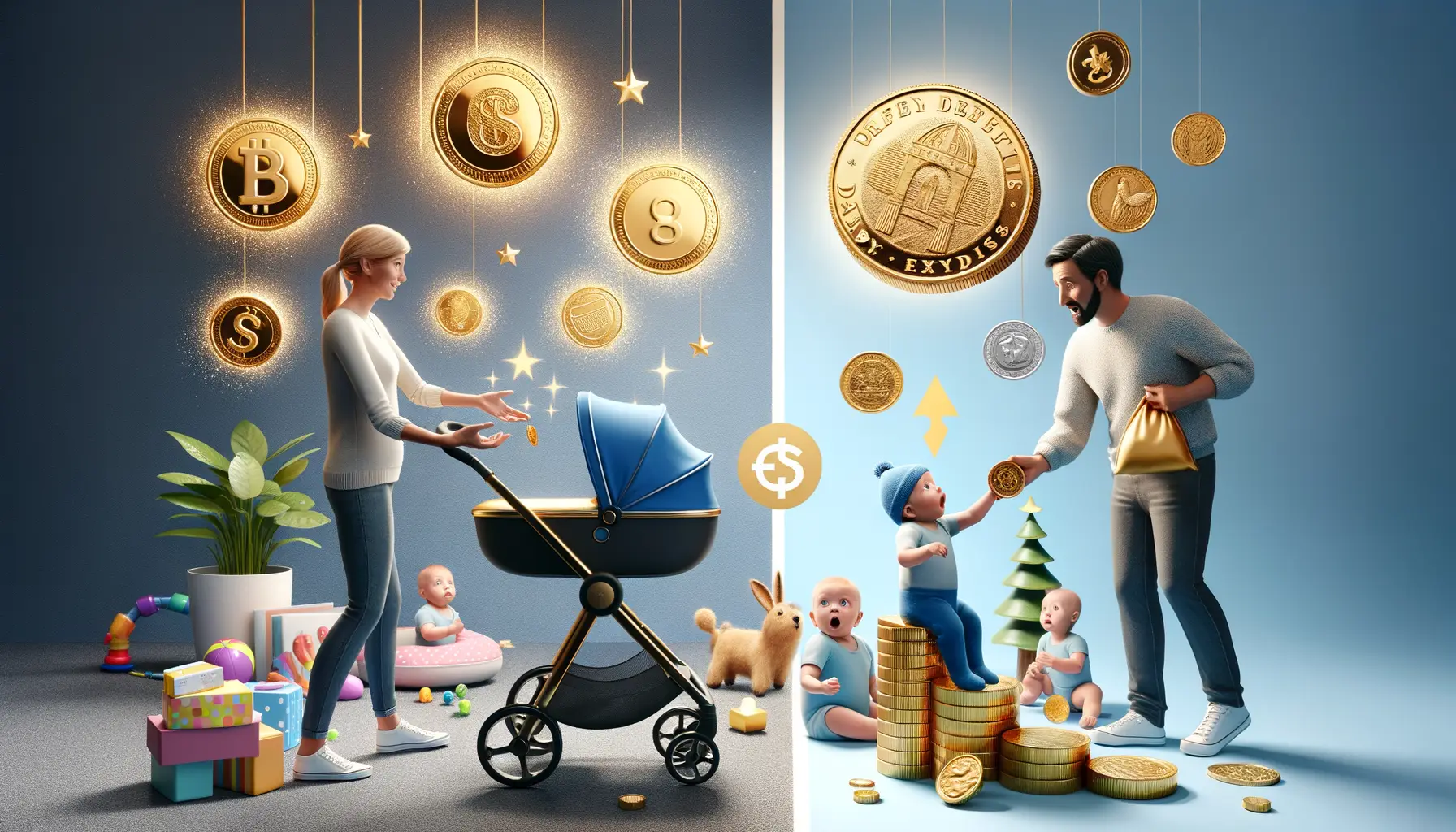
Why Rare Coins Can Be a Treasure Trove for Baby Expenses
Have you ever considered that the jingling treasure in your pocket—or collection—could one day fund diapers, daycare, or even your baby’s first bike? Using rare coins for baby expenses can feel as magical as opening an old chest and discovering gold. These little metallic gems often grow in value over time, unlike traditional savings where interest rates flatline. A single rare penny from 1943 could be worth thousands today! Imagine the possibilities.
But let’s balance the sparkle. Before you dive into your coin collection to cover costs, keep in mind a few practicalities:
- Liquidity: Rare coins aren’t as easy to convert into cash as swiping a debit card. Selling them can take time.
- Market Fluctuations: Their value depends on demand, rarity, and condition. A coin that’s hot today could cool tomorrow.
On the bright side, using rare coins allows you to save creatively without feeling like just another cog in the banking system. Plus, it’s hard not to smile when you realize a hobby turned into financial support for your little one.




